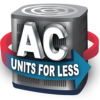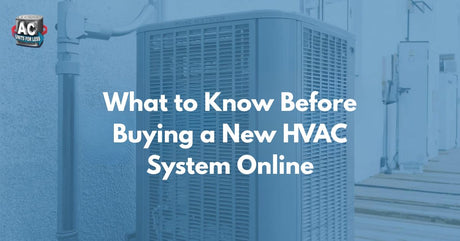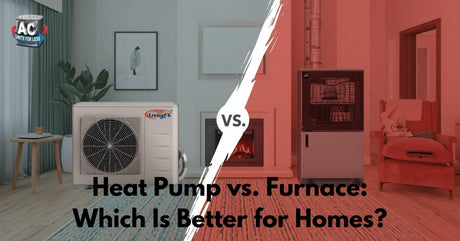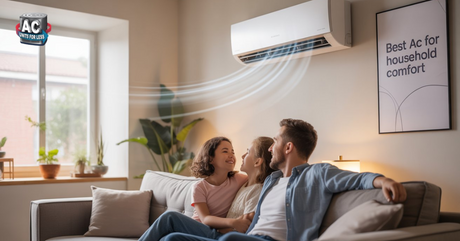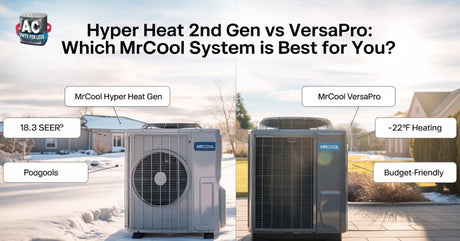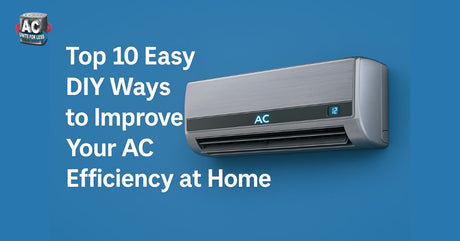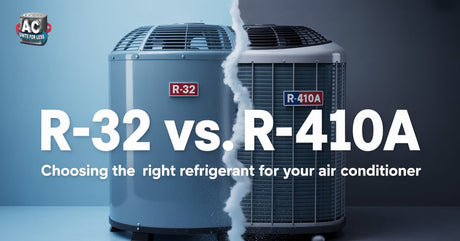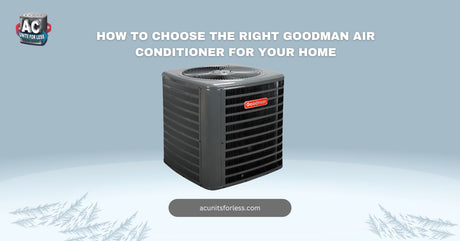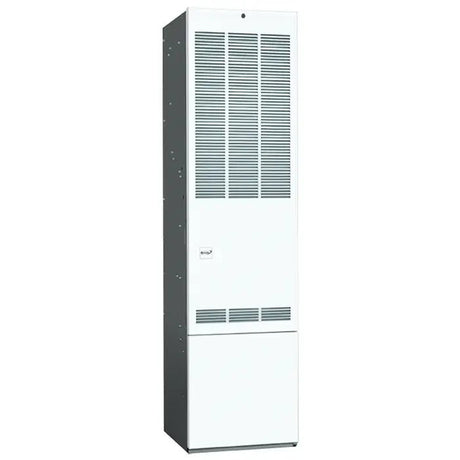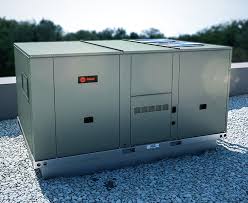Fuses and Circuit Breakers: Essential Safety Components for HVAC Systems
Fuses and circuit breakers are crucial for protecting HVAC systems from electrical overloads and short circuits. These safety components ensure your heating and cooling equipment operates efficiently and safely, preventing potential damage and costly repairs.
What is a Fuse in an HVAC System?
A fuse is a safety device designed to protect HVAC systems by breaking the circuit if the electrical current exceeds a safe level. Fuses contain a metal wire or strip that melts when too much current flows through it, effectively stopping the flow of electricity to prevent damage.
Fuses are typically found in older HVAC systems or as additional protection in newer ones.
What is a Circuit Breaker in an HVAC System?
A circuit breaker is an advanced safety device that performs a similar function to a fuse but can be reset instead of replaced. When an electrical overload or short circuit occurs, the circuit breaker trips, interrupting the power supply to the HVAC system. Once the issue is resolved, the breaker can be switched back on.
Circuit breakers are commonly used in modern HVAC systems due to their convenience and reliability.
Why Are Fuses and Circuit Breakers Important?
Both fuses and circuit breakers play a vital role in protecting HVAC systems. Their key functions include:
-
Preventing Electrical Damage: By interrupting the power supply during overloads or short circuits, they protect sensitive components from damage.
-
Ensuring Safety: They reduce the risk of electrical fires caused by faulty wiring or excessive current.
-
Maintaining System Longevity: By preventing damage to HVAC components, they help extend the lifespan of your system.
Signs of a Blown Fuse or Tripped Circuit Breaker
Common signs that your HVAC system may have a blown fuse or tripped breaker include:
-
No Power to the System: The system doesn’t turn on or stops working suddenly.
-
Frequent Breaker Trips: The breaker trips repeatedly when the HVAC system is running.
-
Burnt Smell: A blown fuse can sometimes emit a burnt odor.
-
Visible Damage: The fuse may appear blackened or melted.
How to Replace a Fuse or Reset a Circuit Breaker
Replacing a Fuse
- Turn off the power to the HVAC system to ensure safety.
- Locate the fuse box and remove the blown fuse.
- Replace it with a fuse of the same type and rating.
- Turn the power back on and test the system.
Resetting a Circuit Breaker
- Locate the breaker box and identify the tripped breaker (it will be in the middle position).
- Switch it fully to the “off” position and then back to “on.”
- Check if the HVAC system powers on correctly.
If the breaker continues to trip or the fuse blows repeatedly, it’s a sign of a deeper electrical issue that requires professional attention.
Fuses and Circuit Breakers at AC Units For Less
At AC Units For Less, we offer a wide selection of high-quality fuses and circuit breakers to keep your HVAC system running safely and efficiently. Our products are designed to meet industry standards, ensuring reliable performance for both residential and commercial systems.
Frequently Asked Questions About Fuses and Circuit Breakers
What’s the difference between a fuse and a circuit breaker?
Fuses: These are single-use devices that need to be replaced when blown.
Circuit Breakers: These can be reset and reused after tripping due to an electrical issue.
How often do fuses or circuit breakers need replacing?
Fuses should be replaced whenever they blow, which is usually due to an electrical issue. Circuit breakers do not need regular replacement but should be replaced if they fail to reset or show signs of damage.
Can I replace a fuse or reset a circuit breaker myself?
While replacing a fuse or resetting a breaker is generally safe for homeowners, ensure you turn off the power before attempting any work. For recurring issues, consult a licensed electrician or HVAC technician.
How can I prevent blown fuses or tripped breakers?
- Regularly maintain your HVAC system to ensure it operates within normal electrical limits.
- Avoid overloading circuits by running multiple appliances simultaneously.
- Inspect your system for any wiring issues or worn components.
Protect your HVAC system with durable, high-performance fuses and circuit breakers from AC Units For Less. Browse our collection today and keep your heating and cooling system running smoothly!

